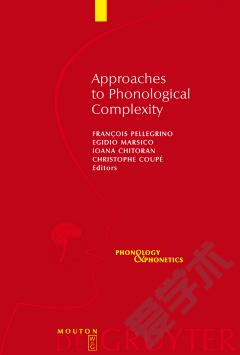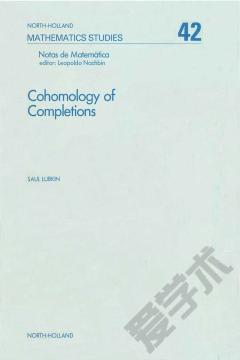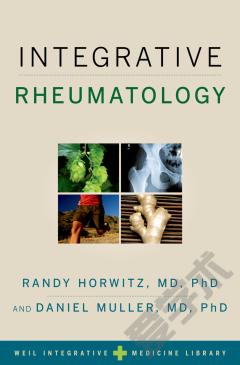Approaches To Phonological Complexity
Complexity approaches, developed in physics and biology for almost two decades, show today a huge potential for investigating challenging issues in Humanities and Cognitive Sciences and obviously in the study of language(s). Theoretical approaches that integrate self-organization, emergence, non linearity, adaptive systems, information theory, etc., have already been developed to provide a unifying framework that sheds new light on the duality between linguistic diversity on the one hand and unique cognitive capacity of language processing on the other hand. Nevertheless, most of the linguistics literature written in this framework focuses on the syntactic level addressed through computational complexity or performance optimization, while other linguistic components have been somewhat neglected.
{{comment.content}}








 京公网安备 11010802027623号
京公网安备 11010802027623号